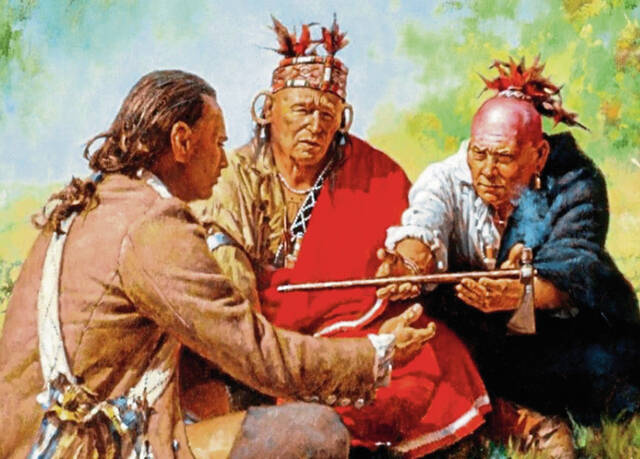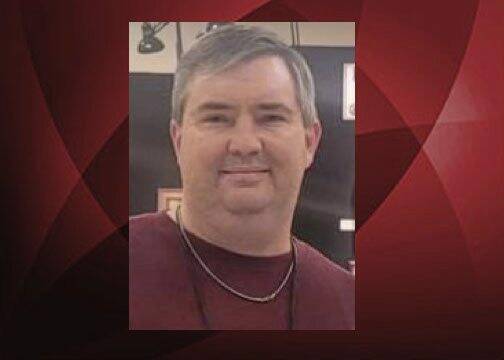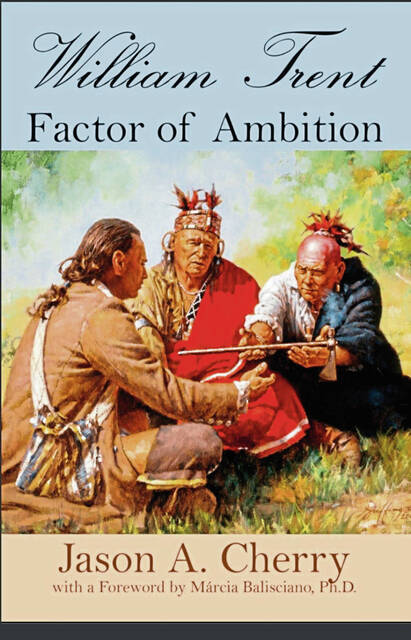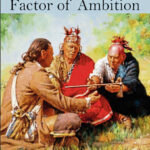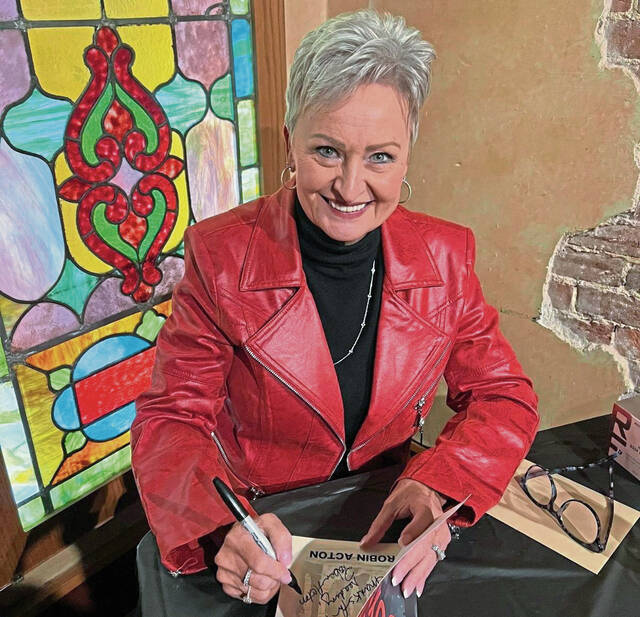William Trent is not necessarily a name that would come up in the typical American history class.
But Butler native, historian and author Jason Cherry knows better. He knows Trent was considered one of the most influential backcountry merchants of the 18th century and was among the men who cast a vote to bring what would eventually become the Liberty Bell to the former Pennsylvania State House in Philadelphia and was even partners with Benjamin Franklin in a 14th colony that would have included the land Pittsburgh was built on — if a little thing called the Revolutionary War hadn’t broken out.
Cherry, 44, has published a new biography, “William Trent: Factor of Ambition,” and will be making several stops in Western Pennsylvania to share Trent’s story.
Cherry spoke with TribLive about the book. This interview has been edited for length.
“William Trent: Factor of Ambition” is available at major retailers online and at Jason-a-Cherry.square.site.
• • •
Q: Does William Trent have any major connection to Southwestern Pennsylvania?
A: Over the course of his life, Trent made more than a dozen trips to future Western Pennsylvania and beyond starting in 1748. That year he first saw the “Point” and met Seneca matriarch Queen Aliquippa; he traveled with several other influential figures such as Conrad Weiser, George Croghan and his army friend from King George’s War, and a teenage William Franklin (Benjamin’s son). Trent would also be a veteran captain in 1754, when he began building the first English outpost where Pittsburgh lies today and be the assistant superintendent of Indian affairs in 1758 when he joined the western expedition under Gen. Forbes to drive the French from Fort Duquesne.
He would also be among those counted in Pittsburgh’s first census in 1761 and operated the largest store at Fort Pitt from 1761-63, not to mention commanded the militia when the natives laid siege to Fort Pitt in the summer of 1763. So he was very important if not vital to the early years of Western Pennsylvania and Pittsburgh. In fact, I consider him one of the founding fathers of Pittsburgh, despite his story not being told until now.
Q: How did you first develop an interest in history, and did the history of your hometown play into that?
A: It started with my parents, who were both educators. My dad loved to teach American history in his fifth grade classroom and my mom loved to do genealogy and research our family history. When I was little, they used to take us to historical sites when we went on vacation, and I always remember walking through cemeteries to find a family name or ancestor. It even became so normal on our trips, we would make a game of it and see who could find the gravestone first with the correct name. It did begin at local cemeteries, like in Butler, and then we would go out of state as well. I like to say my love of research and finding out the truth of a story began here.
Q: What got you interested in diving into Trent’s story?
A: When I was 10 years old, my parents joined a living history group that reenacted the French and Indian War and the Pittsburgh-based group portrayed those men who were volunteers hired by William Trent in the spring of 1754 to build the first English outpost at the Forks of the Ohio. Later, this site became the present site of Pittsburgh and now 35 years later we still belong to this group, and I portray Capt. Trent. Growing up with this unit, I did notice how many visitors even locally had no idea who Trent was or what he did in the 18th century, so I began researching his life. The more I dug, the more I realized what a fascinating figure he was throughout his life. Thus began this biography that took a decade to finish.
Q: What’s the story behind Vandalia, the potential 14th colony whose birth was interrupted by the Revolutionary War?
A: It was so close to becoming a wealthy conglomerate and 14th colony if not for the outbreak of the Revolutionary War in 1775. Originally, it began with certain merchants and traders like Trent who suffered financial losses during the French and Indian War and what he would call “the late Indian war” that is referred to today as Pontiac’s Rebellion. When the Six Nations agreed finally to compensate these men for theses debts, they arranged the largest native council ever assembled at the time in the fall of 1768 at Fort Stanwix (today Rome, N.Y.).
Trent, the acting secretary at the treaty, took the deed of land with him and sailed to London to get final approval by the British crown. Over the next six years he partnered with several American constituents including Benjamin Franklin and London ones as well, such as banker Thomas Walpole and postmaster Anthony Todd and together they addressed the Privy Council at His Majesty’s highest court about their proposed charter. The charter would first be named “Pittsylvania” in honor of William Pitt the Elder, like Pittsburgh, but to interest English shareholders, they renamed it “Vandalia” in honor of Queen Charlotte and her ancestral background of being descended from Vandalic tribes in southern Europe and northern Africa.
By the late summer of 1773, “Vandalia” was approved by the Privy Council and a capital city was lobbied by Trent and others to be in Pittsburgh — since the majority of the colony would be in Southwestern Pennsylvania — with two men, George Mercer and Samuel Wharton, as possible candidates for governor of this colony.
Unfortunately for Trent and others, in 1775 the proposed colony was shelved until hostilities had ended. Eight long years would go by until a peace treaty was signed, and by then the shares and interest in this supposed 14th colony were blocked by opposing colonies like Virginia and rendered worthless. It would lead Trent into financial ruin that he could never recover from financially and would die penniless in Philadelphia and laid to rest in the city’s potter’s field called Southeast Square and today known as Washington Square Park.
Q: How did you go about researching your book, and what was the biggest challenge in getting it finished?
A: So like I mentioned earlier, it was a decade in the making to finally tell the complete story of Trent’s life. The last biography written about him was a dissertation published in 1947. So I traveled all over, from a dozen trips to Philadelphia, then back to Pittsburgh then to Harrisburg then even north to Ann Arbor. Mich. My biggest challenge came though when the pandemic hit and I could no longer travel places, including to my final destination to London and the British Library.
But it led me to begin writing the book and soon after we were allowed to travel again and I had reached Trent’s stay in London chapters, we spent nine days in London sightseeing, researching and walking in the same footsteps as Trent did from 1769 until 1775. After I came home I finished the manuscript and felt that this was not only going to be complete look into Trent’s life for the reader, it was a journey through his eyes and a trip back into the 18th century like no other before.


